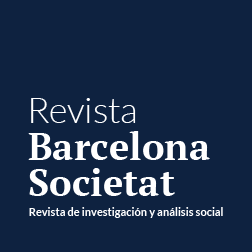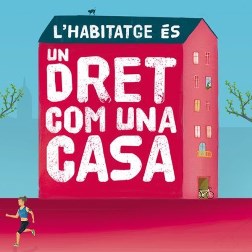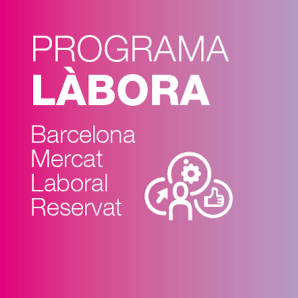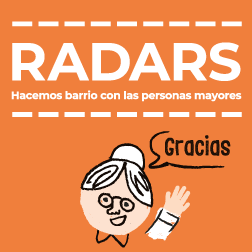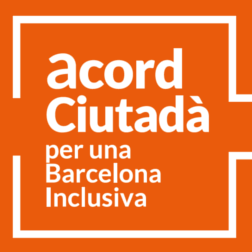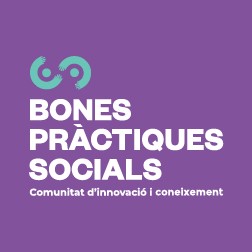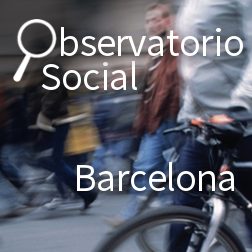Over 400 participants as Barcelona hosts its first Congress of Feminist Economics
13/03/2023 - 12:19
Organised by the DIMMONS research group from the Universitat Oberta de Catalunya (UOC), the Barcelona Congress of Feminist Economics is being held at the Nau Bostik in the Sant Andreu district from 16 to 18 March. The three-day event will see over 400 participants from 50 different countries reflect on gender inequalities in digital commerce, feminist economic strategies to combat climate change, the digital gender gap and the gender perspective in tax policies.
This is the eighth edition of this international meeting and the first time it has been held in Barcelona, having previously been held in cities such as Valencia, Madrid and Bilbao.
A feminist vision of the economy and the digital revolution
The Covid-19 pandemic has accelerated a digital revolution for the economy and for life which started almost three decades ago. Analyses of the link between digitalisation and equality point to a reproduction, or even an increase, in gender inequalities in the digital economy, which also imposes an unsustainable economic model for life and the planet.
In this respect, the 8th Congress of Feminist Economics offers a space for dialogue on studies about the feminist economy, with a special emphasis through lectures ranging from feminist theory to technology, the digital economy and the digitalisation of life. With various formats and proposals, the meeting fosters academic exchange and brings together social and economic stakeholders.
Leading figures for the feminist economy
Participants include notable figures in the field of the feminist economy and digital feminism, such as Flora Partenio, Argentinian activist and member of the network Development Alternatives with Women for a New Era (DAWN); Yayo Herrero, anthropologist, professor and ecofeminist activist; Tiziana Terranova, expert on the impact of technology on society and professor at the University of Naples; Catherine D’Ignazio, professor at the MIT, director of the Data + Feminism Lab and a leading international voice on feminist activism and data; Sasha Costanza-Chock, researcher into social media movements and justice in design processes; Alex Hache, cyber-feminist and member of Donestech, and Joana Varon, founder and director of the Coding Rights feminist group in Brazil.
There will also be over 50 representatives from more 35 countries in the COST Action Platform Work Inclusion Living Lab (P-WILL), funded by European Cooperation in Science & Technology.
Headed by Mayo Fuster Morell, director of the DIMMONS group at the UOC, this network promotes the inclusion of the gender perspective in the platform economy to boost well-being, economic justice and the rights of collectives traditionally excluded and, at the same time, seeks to align the platform economy with social rights and the UN’s Sustainable Development Goals.




